G-Fluta 250mg Tablet contains flutamide, an antiandrogen medication primarily used in the treatment of prostate cancer. This nonsteroidal antiandrogen works by blocking the effects of androgens (male hormones) in the body. G-Fluta offers an effective treatment option for advanced prostate cancer, often used in combination with other therapies.
Uses Of G-Fluta
G-Fluta 250mg Tablet is primarily used for:
- Treatment of advanced prostate cancer
- Management of metastatic prostate cancer
- Palliative treatment of advanced prostate cancer
- Sometimes used off-label for hirsutism in women
Benefits
- Effectively blocks androgen action in prostate cancer cells
- Helps slow the progression of advanced prostate cancer
- May improve survival rates when used with other treatments
- Can be used for palliative care in advanced cases
- Generally well-tolerated compared to some other antiandrogens
How It Works
Flutamide, the active ingredient in G-Fluta, works by competitively binding to androgen receptors in prostate cancer cells. This action prevents testosterone and other androgens from stimulating the growth of prostate cancer cells. By blocking androgen action, G-Fluta helps slow the progression of hormone-sensitive prostate cancer.
Dosage
The typical dosage of G-Fluta is one 250mg tablet taken three times daily, approximately every 8 hours. It is usually used in combination with a luteinizing hormone-releasing hormone (LHRH) analog. Always follow your healthcare provider’s instructions regarding dosage and duration of treatment.
Side Effects
Common side effects may include hot flashes, loss of libido, impotence, diarrhea, nausea, and breast tenderness or enlargement. These are usually manageable. Serious side effects, though rare, can include liver toxicity, anemia, or allergic reactions. Regular liver function tests are necessary during treatment. If you experience any severe side effects, contact your healthcare provider immediately.
Warning
G-Fluta can cause serious liver damage. Regular liver function tests are required during treatment. It should not be used in patients with severe liver impairment. There is a risk of interstitial pneumonitis. Patients should be monitored for signs of respiratory distress. This medication may affect sperm production and fertility in men.
Interactions
- Warfarin (may increase anticoagulant effect)
- Theophylline
- Certain antidiabetic medications
- Drugs metabolized by CYP1A2
Important Information
Take G-Fluta exactly as prescribed. Regular medical check-ups and liver function tests are essential. Report any unusual symptoms, particularly yellowing of skin or eyes, dark urine, or persistent abdominal pain. This medication may cause dizziness or drowsiness. Use effective contraception during treatment, as G-Fluta can harm a developing fetus.

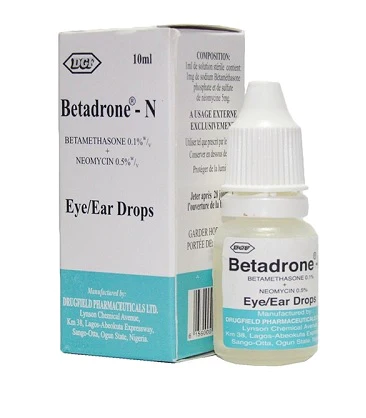
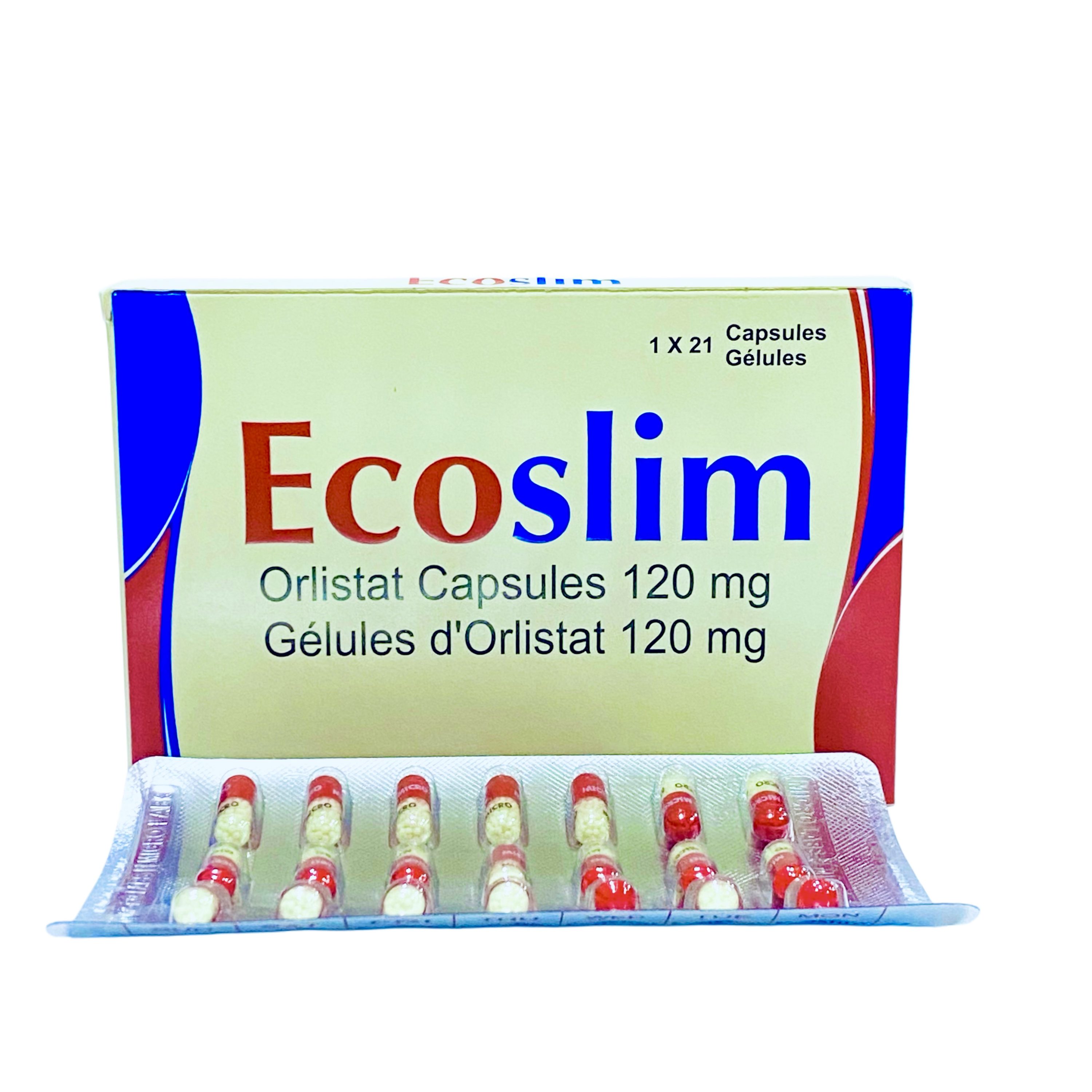
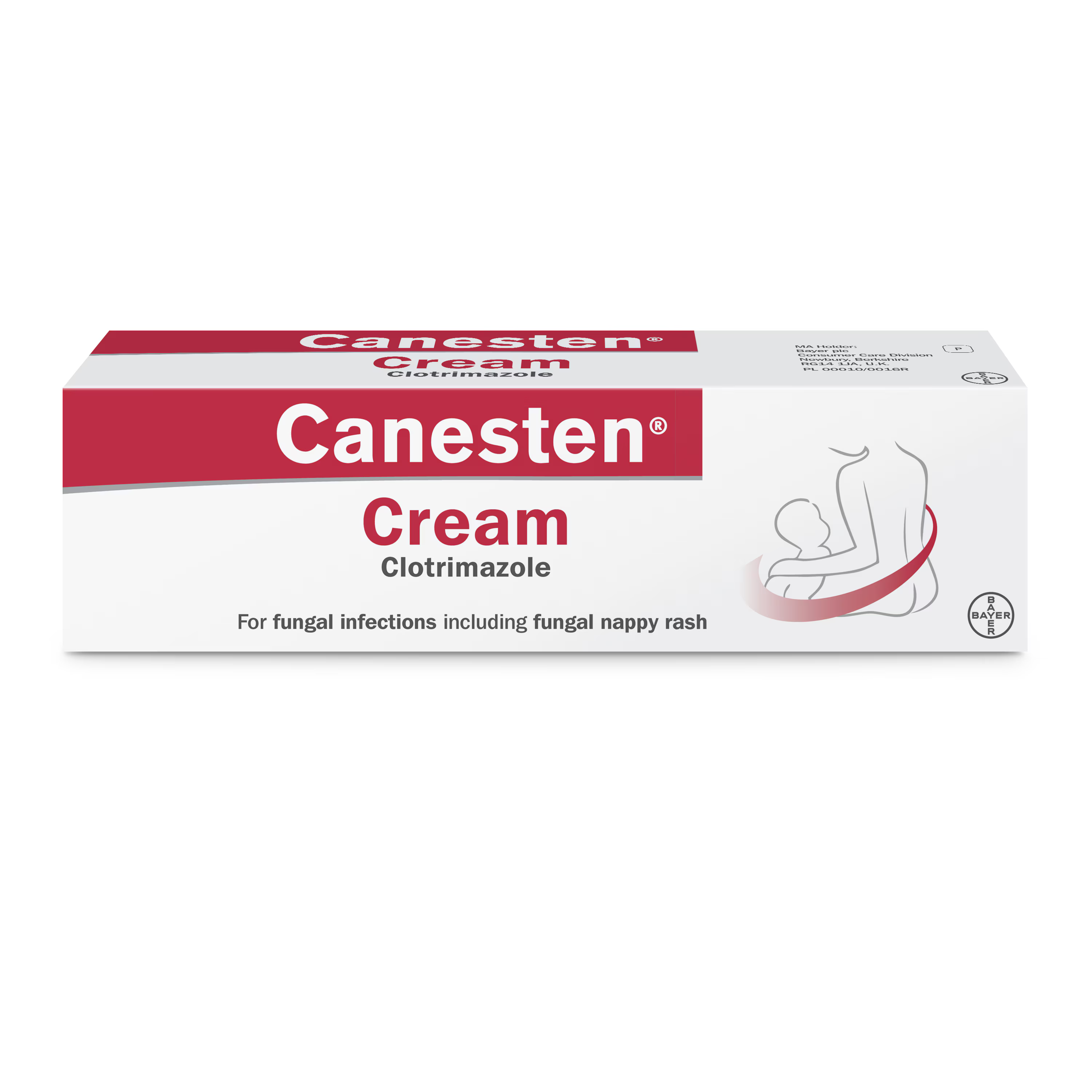

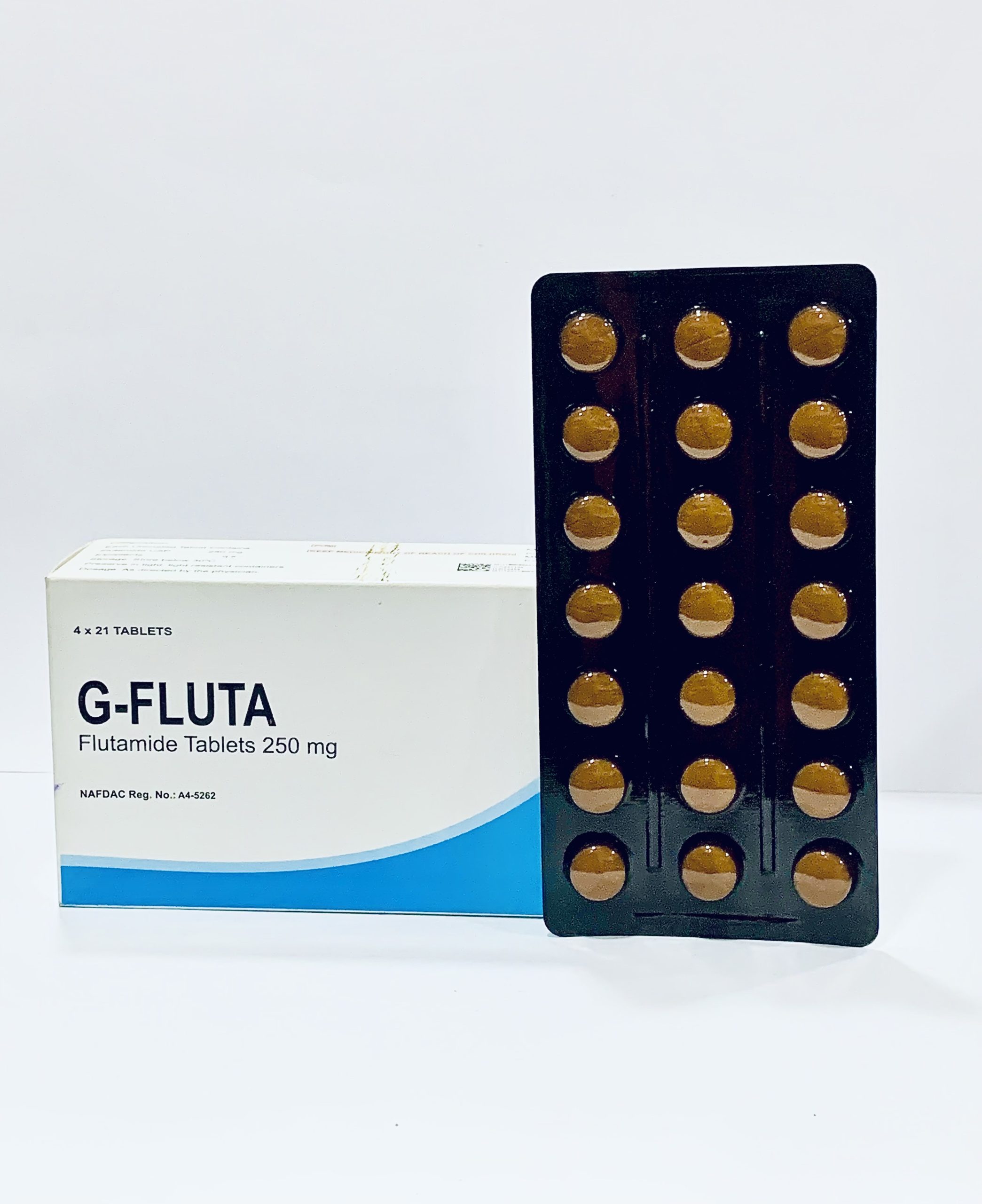
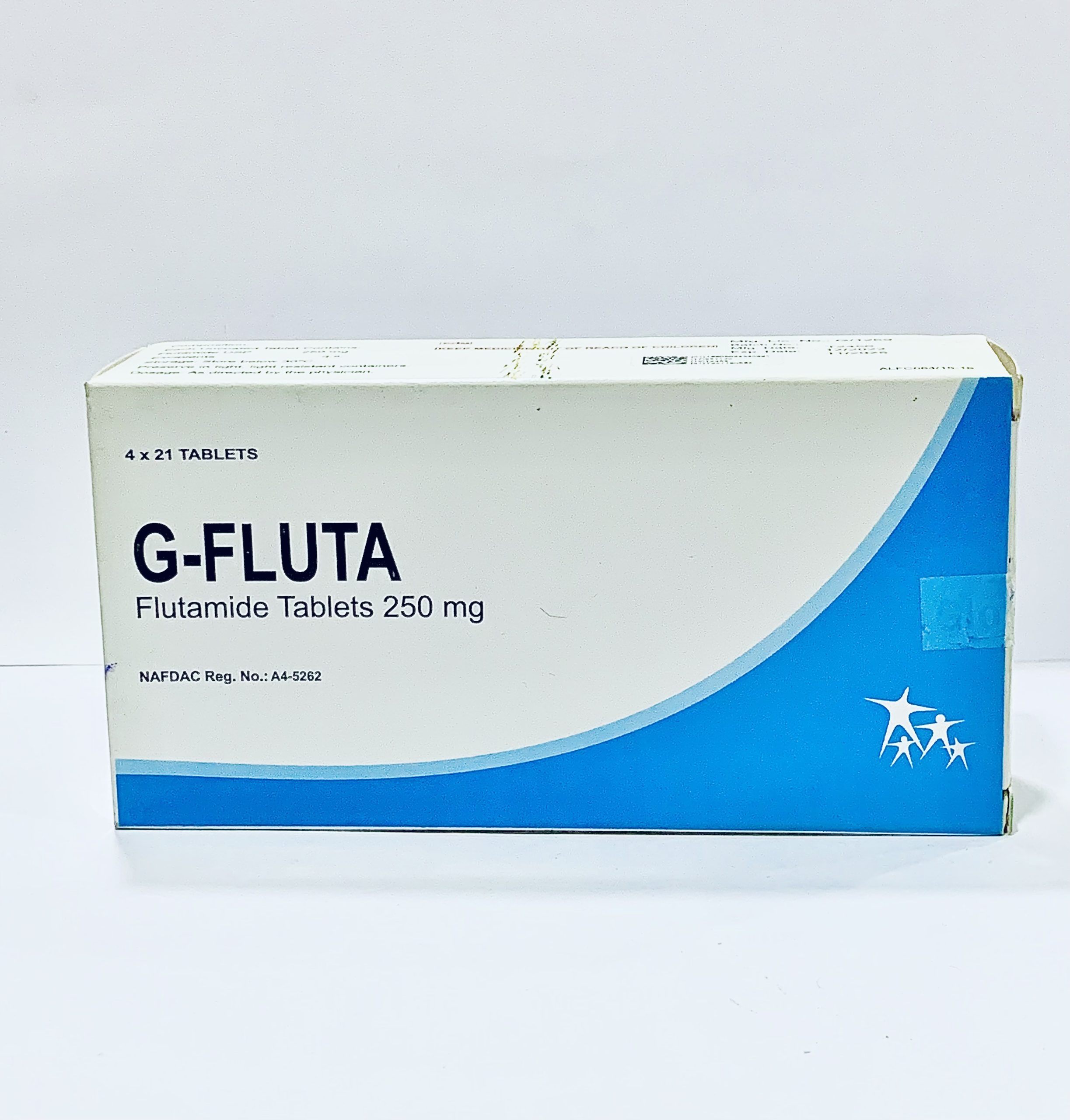
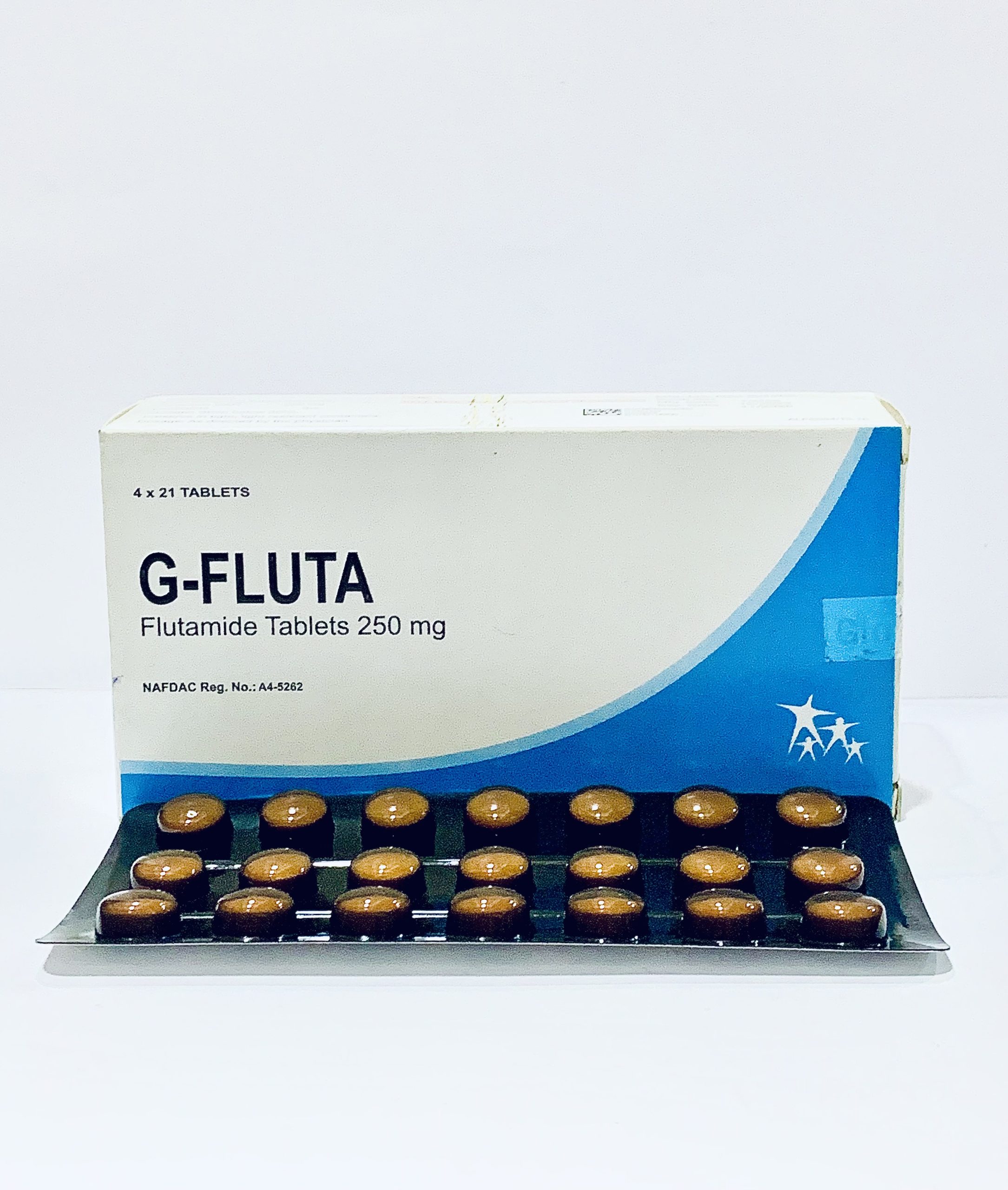
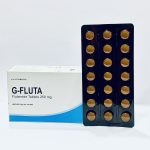


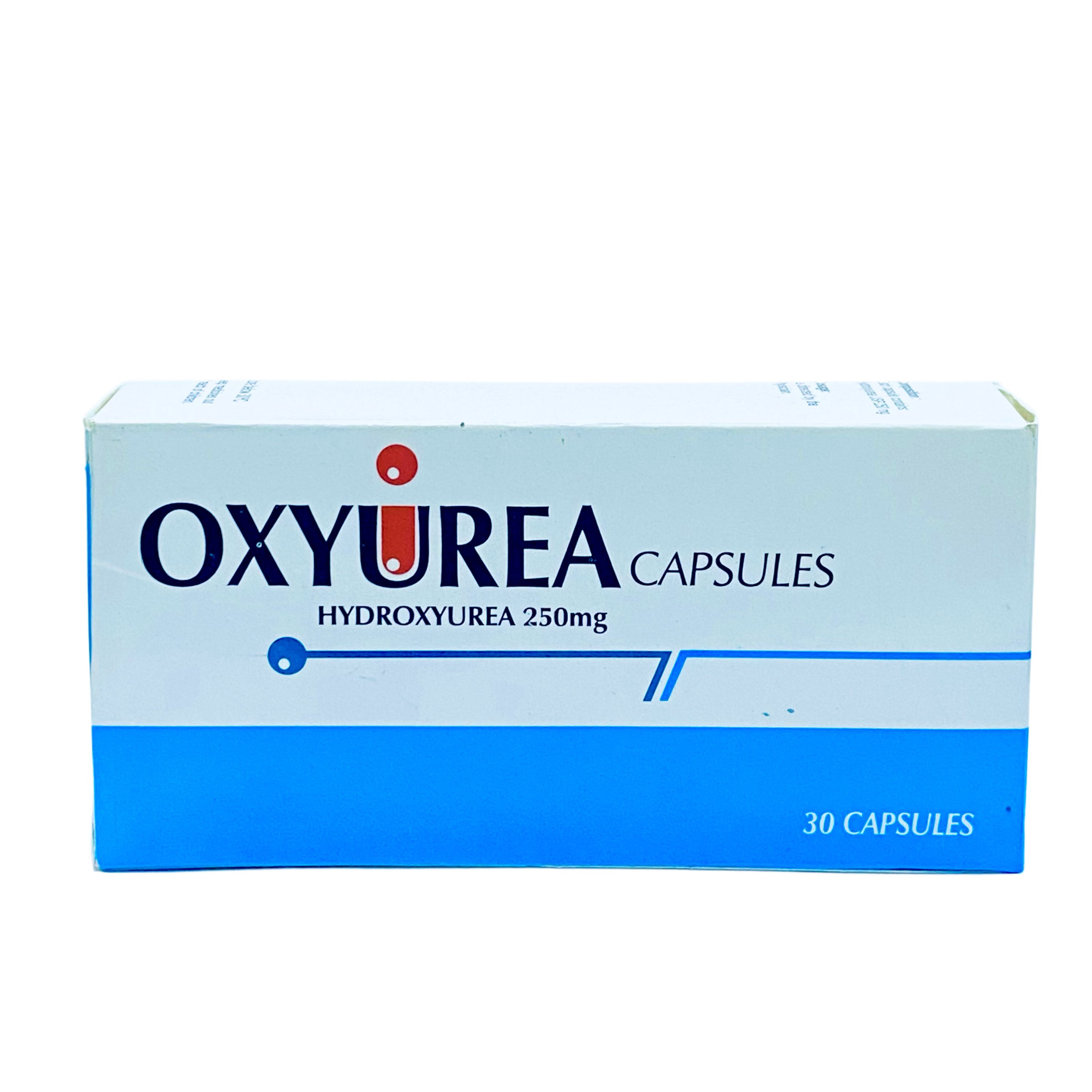
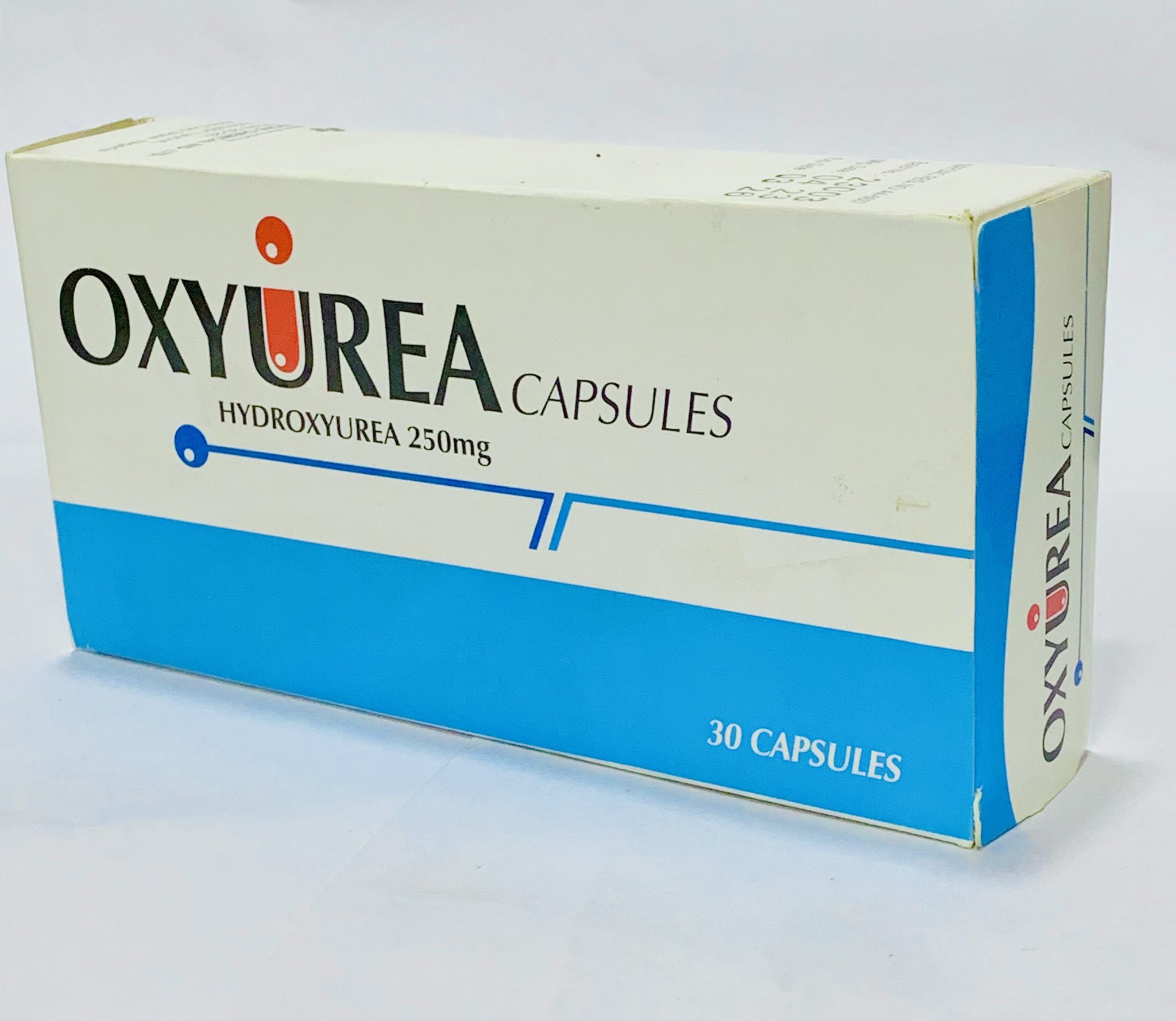
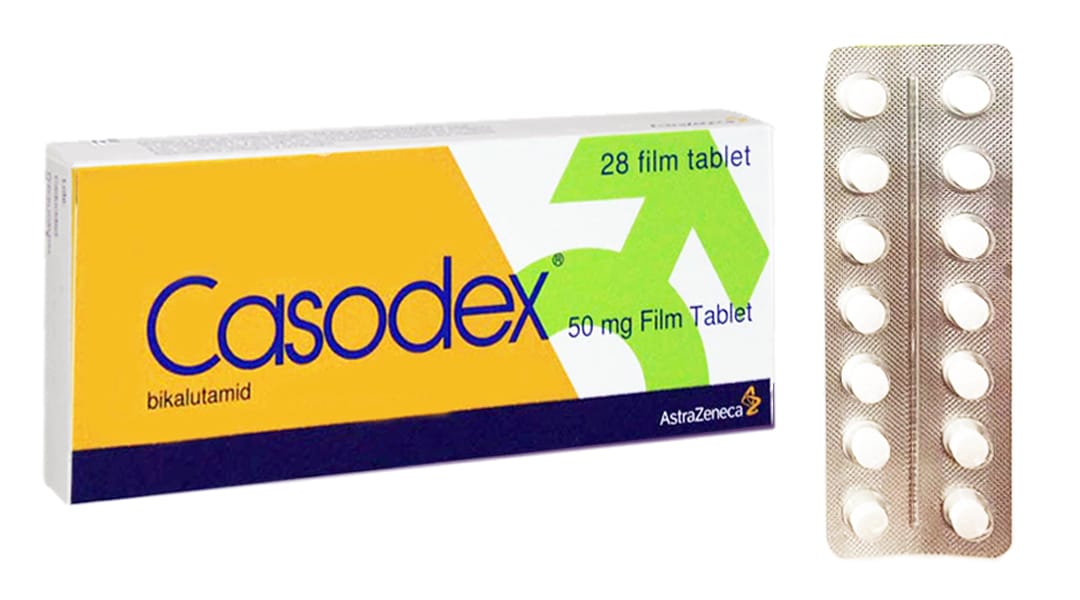
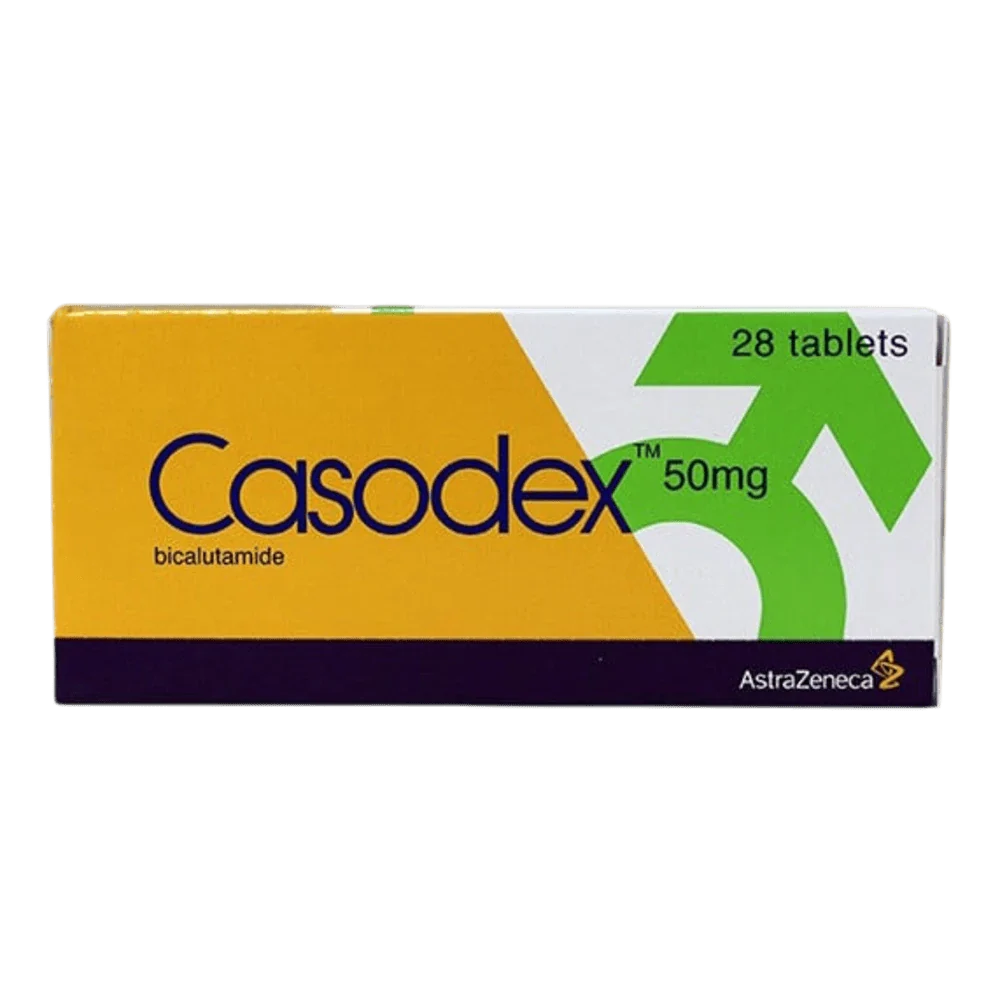
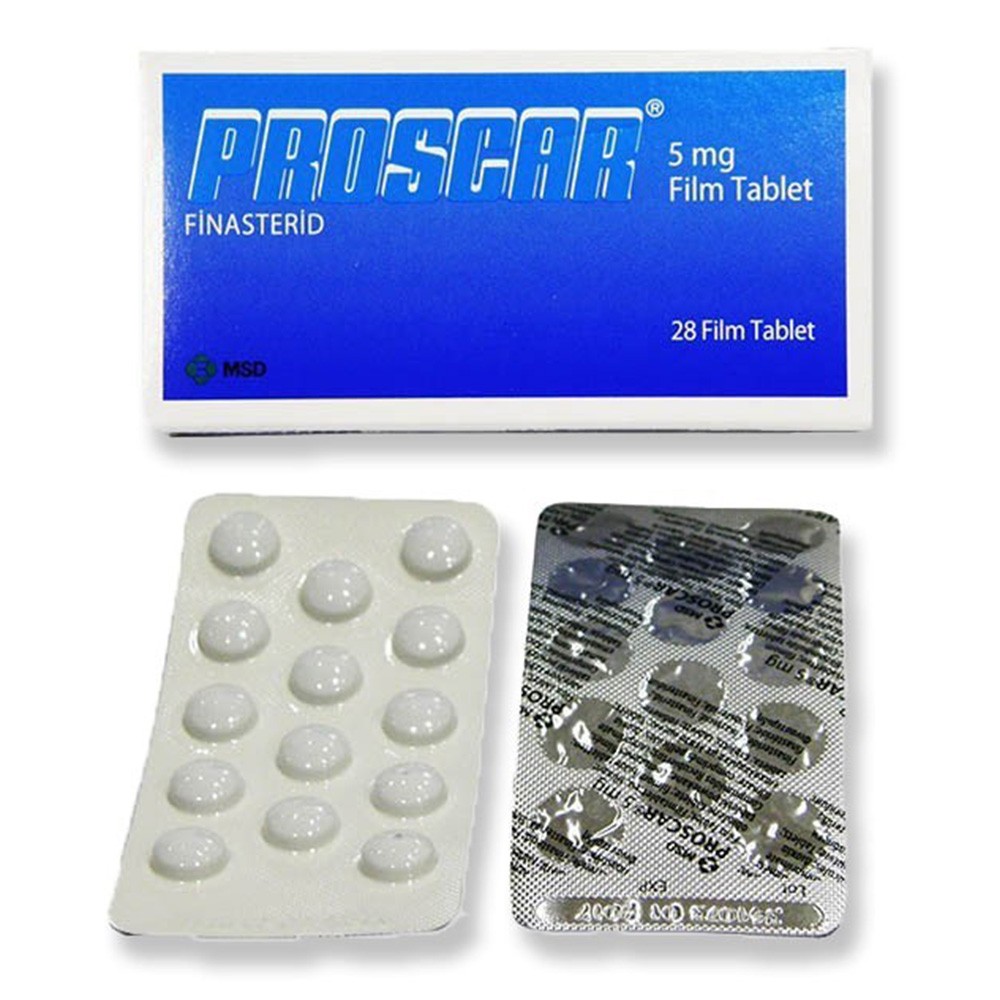

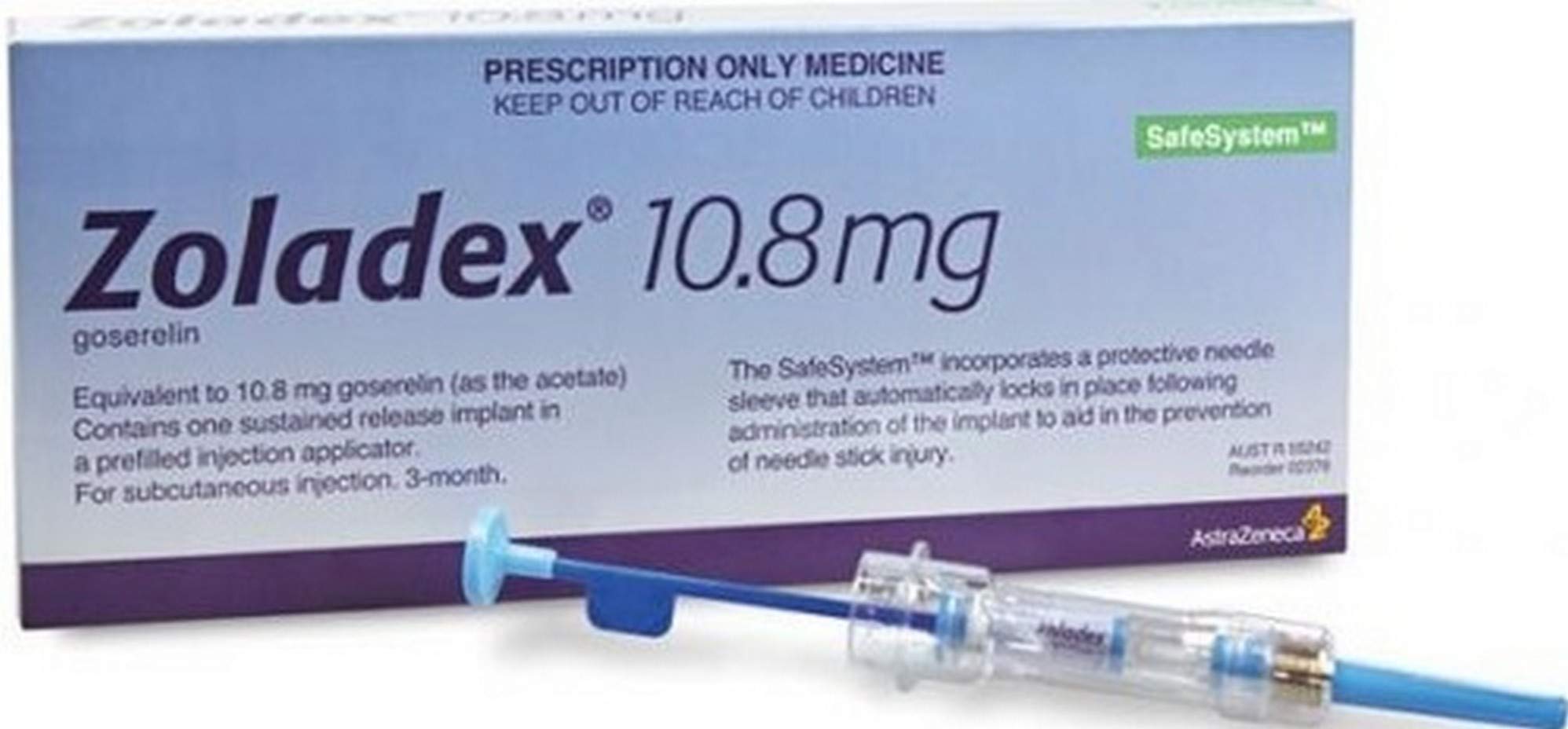
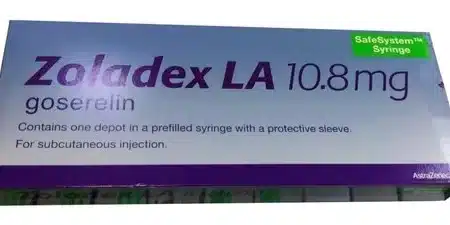
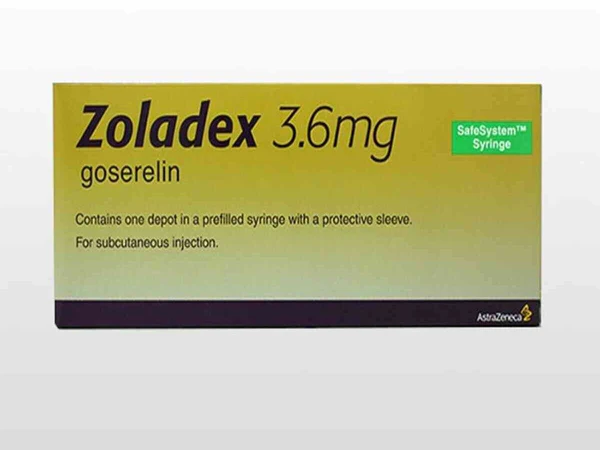
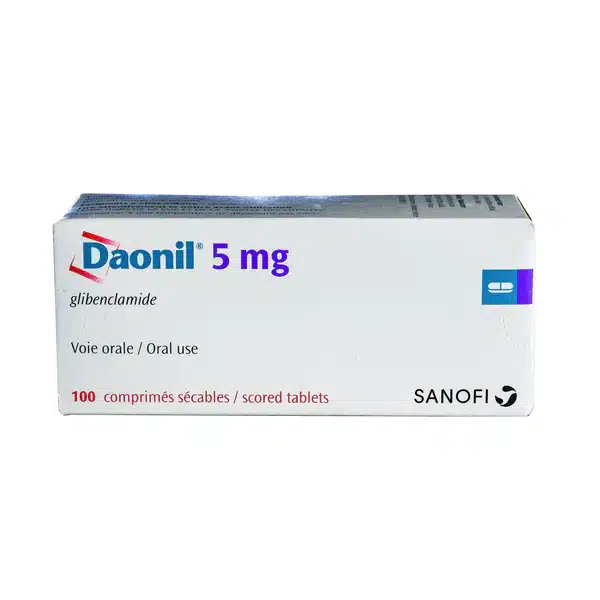
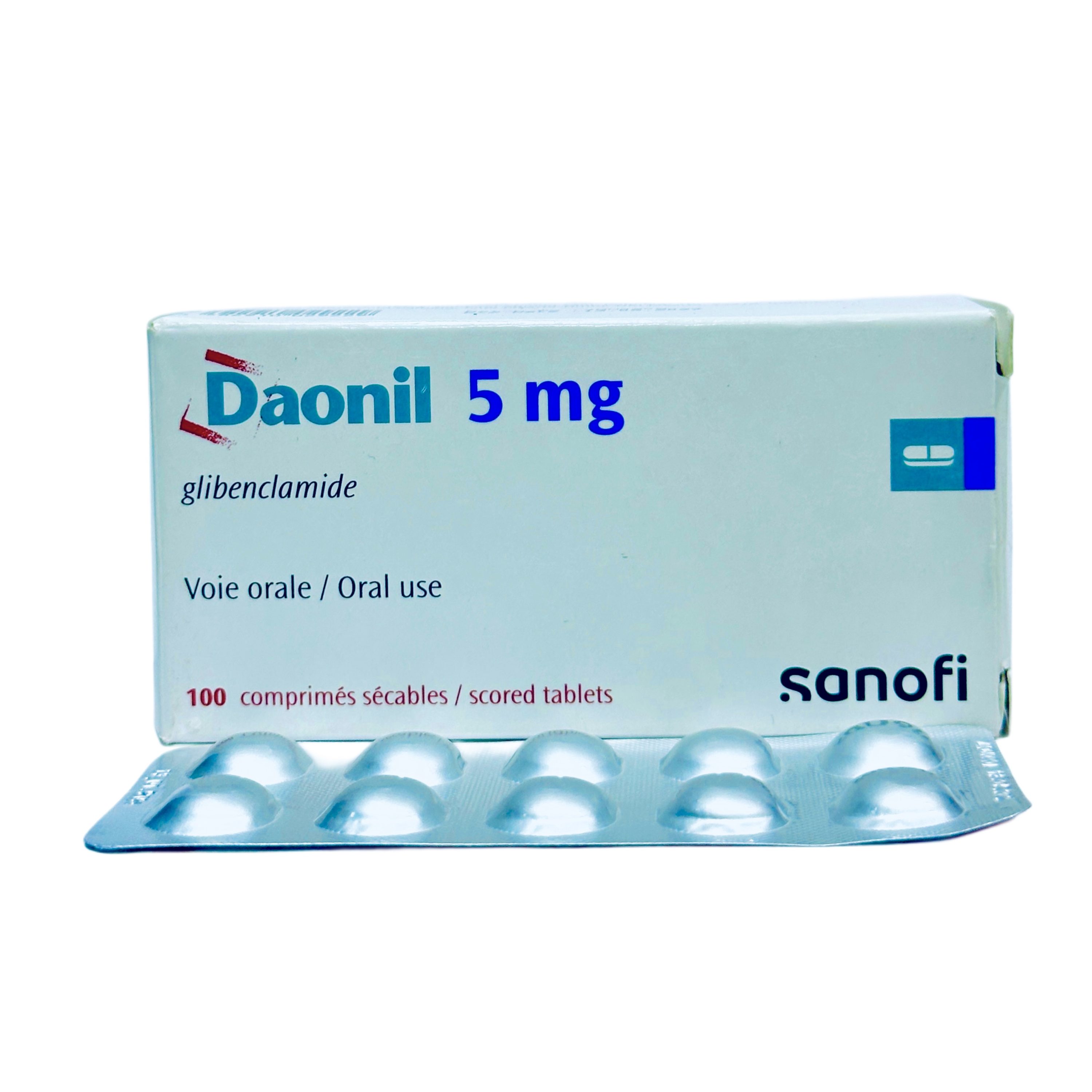
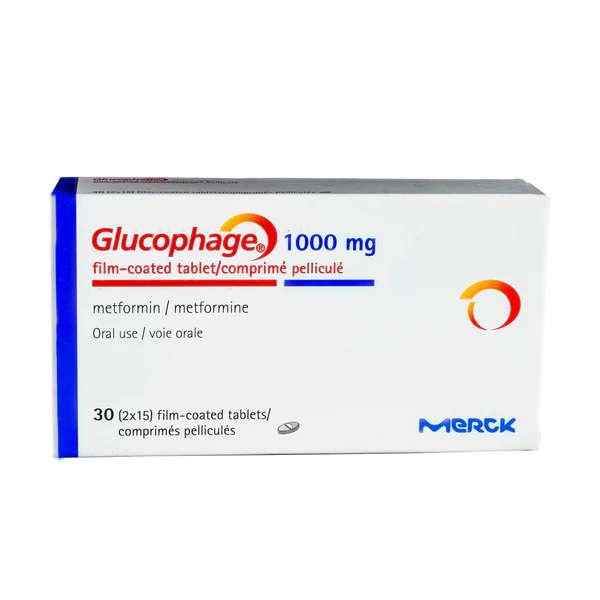
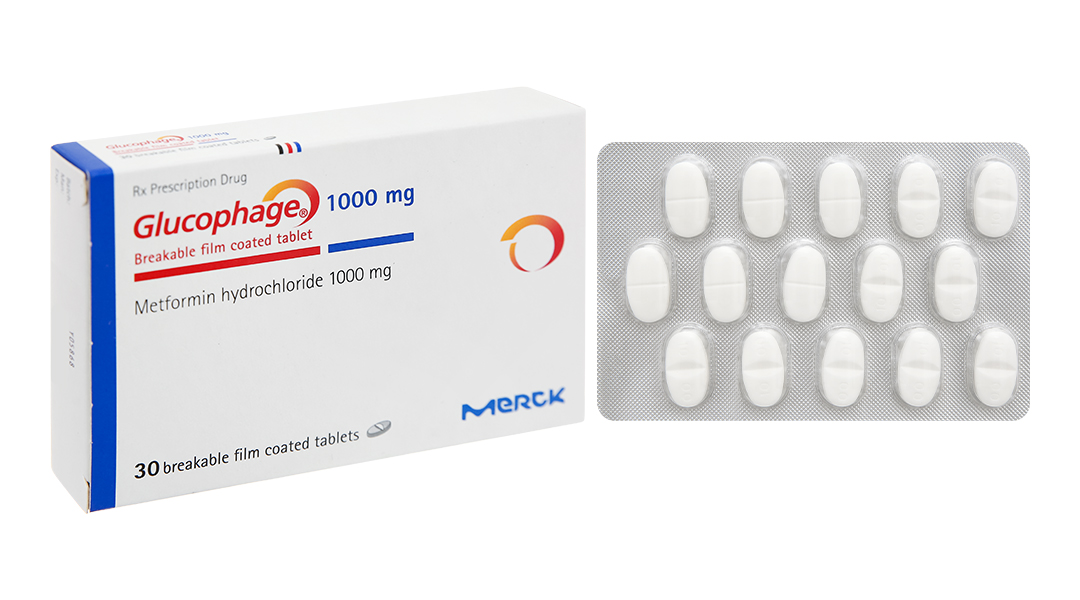
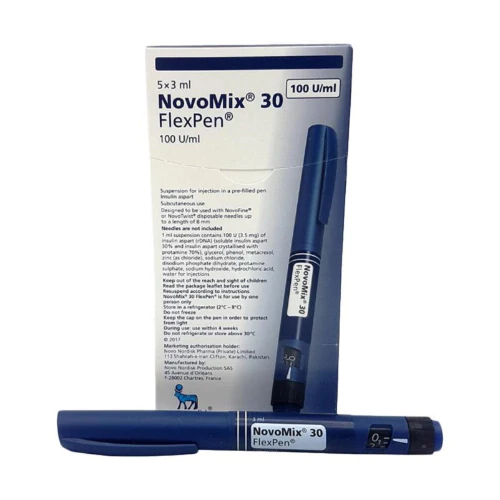




Reviews
There are no reviews yet.